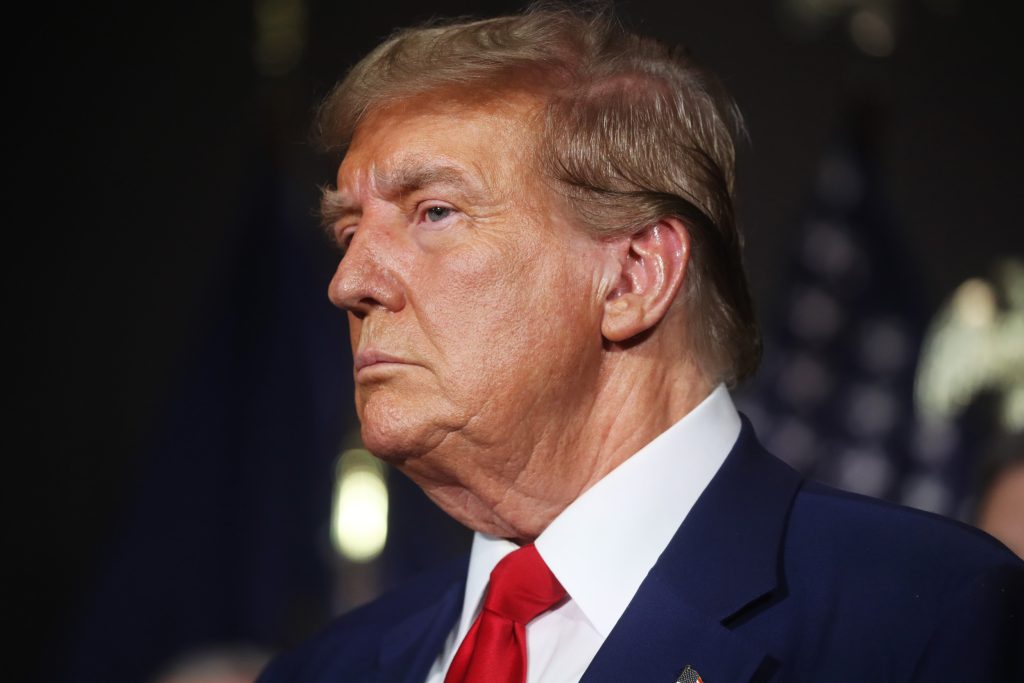In the wake of the 2020 presidential election and amid speculation surrounding the 2024 contest, calls to change the Electoral College system in Nebraska have sparked controversy and debate. At the center of this discussion is the proposal to shift from a proportional allocation of Electoral College votes to a winner-takes-all system, a move that some argue would benefit former President Donald Trump and the Republican Party. However, this proposal has encountered resistance from various quarters, underscoring the complex dynamics and implications of electoral reform.
The Electoral College system in the United States has long been a subject of contention, with critics arguing that it undermines the principle of one person, one vote and can lead to outcomes where the candidate who wins the popular vote does not secure the presidency. Nebraska, along with Maine, deviates from the winner-takes-all approach by allocating some of its Electoral College votes based on congressional district outcomes. This nuanced system has attracted attention, particularly in light of recent elections where the state’s Electoral College votes were split between candidates.
Proponents of changing Nebraska’s Electoral College allocation method argue that a winner-takes-all system would better reflect the will of the state’s voters and prevent the dilution of their voices. They point to instances, such as the 2020 election, where the statewide winner did not receive all of the state’s Electoral College votes due to outcomes in individual congressional districts. This, they contend, is undemocratic and undermines the integrity of the electoral process.
Conversely, opponents of changing the system caution against rushing to alter established norms and traditions without careful consideration of the consequences. They argue that Nebraska’s current system, while unconventional, promotes greater representation and reflects the diversity of political opinion within the state. Additionally, they raise concerns about the potential for partisan manipulation and the erosion of democratic principles if changes were to be implemented hastily.
The recent efforts to advocate for changing Nebraska’s Electoral College allocation have drawn both support and skepticism from various quarters. Pastor Hank Kunneman of Lord of Hosts Church in Omaha has encouraged his congregation to engage in grassroots activism to lobby for reform, citing perceived discrepancies in the representation of voters’ preferences. This mobilization reflects a broader trend of political engagement within religious communities and underscores the intersection of faith and civic participation in American democracy.
However, the reluctance of state lawmakers, including Speaker John Arch, to pursue a vote on the matter indicates the complexities and sensitivities surrounding electoral reform. While calls for change may resonate with certain segments of the population, the path to enacting substantive reform is fraught with challenges and requires careful deliberation.
In conclusion, the debate over changing Nebraska’s Electoral College system highlights the broader tensions and dilemmas inherent in electoral reform efforts. As the state grapples with questions of representation, fairness, and political accountability, stakeholders must navigate a complex landscape of competing interests and ideologies. Ultimately, the fate of Nebraska’s Electoral College allocation method will hinge on a delicate balance between tradition and innovation, partisanship and bipartisanship, and the imperative to uphold the principles of democracy in an ever-evolving political landscape.
